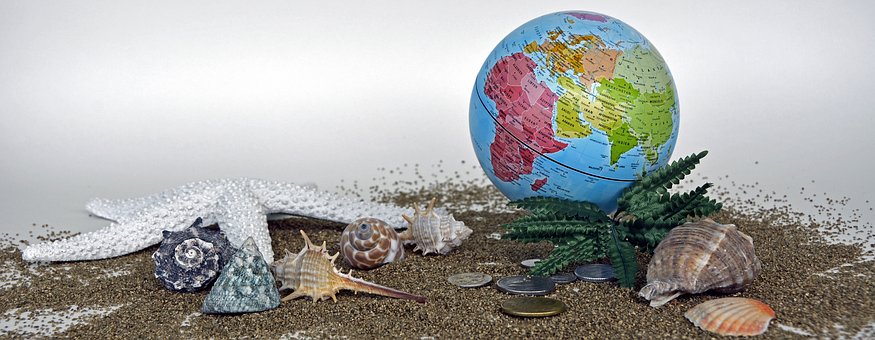Are The Seven Plastics Really Recyclable?
In previous content from our series “Our Planet”, we discussed the seven plastics in an effort to understand the problems and sustainability solutions related to them. By identifying the seven plastic recycling groups that are identified by a universal code, shouldn’t the process of recycling be, well…easy? Maybe someday, but not yet. As a reminder, here are the seven again.
- PET – Polyethylene terephthalate
- HDPE – High Density Polyethylene
- PVC – Polyvinyl chloride
- LDPE – Low Density Polyethylene
- PP – Polypropylene
- PS – Polystyrene
- Other Plastic – Anything that is not identified in the first six types.

The intent of the symbols was to define the type of plastic. They were not meant to claim the plastic as recycled, only that the material is recyclable. The symbols were designed to support plastic processors in determining which plastics to discard and which to recycle. The infrastructure needed to recycle all plastics is not yet in place and until it is, plastics processors rely on the symbols.
Unfortunately, there was insufficient promotional material to explain the symbols to consumers. Over time the symbols came to mean something else to the consumer. If a product contained one of these symbols, it was assumed to be recyclable. Likewise, it was assumed that a company manufacturing a recyclable product must be taking an active approach towards sustainability. This was a mistake, and the plastics industry took advantage of the misinterpretation. Aware of the growing demand for environmentally friendly products, the industry capitalized on the misrepresentation, and this is an example of “greenwashing”.
It may be surprising to you that not all plastics, even though they may be recyclable, are actually recycled. Let’s take a moment to dig a little deeper to see how each plastic group, by number, are currently being recycled, if at all.
#1 – PET – the most widely recycled plastic material.
#2 – HDPE – one of the easiest plastics to recycle and often downcycled – the practice of reusing the recycled content for producing products such as benches, lumber, decking, pallets and more.
#3 – PVC –recyclable, but on a limited scale and primarily in the industrial sector.
#4 – LDPE –can be recycled, but seldom is. LDPE is used for items like plastic shopping bags. The reason LDPE is not often recycled is because it is cheaper to make new products from virgin material than to recycle and reprocess existing material.
#5 – PP is recyclable, but it is difficult and expensive to do. When it is recycled, it changes its color to black or grey, which makes it unsuitable for many applications. It is often used for speed bumps, park benches and industrial applications.
#6 – PS, Poly Styrene, used primarily for items like plastic utensils, cups and plates, is rarely recycled. The cost to recycle is more expensive than making new products from virgin materials.
#7 – are rarely recycled.
Now you know which plastics are typically recycled and why others are not. Have you been diligent about looking at the type of plastic before throwing it away? You may have seen the triangle and assumed the item was recyclable. Now you know the number within the triangle, not the triangle itself, is of utmost importance.
Imagine a world in which all the curbside recycling contained only the appropriate items and nothing else is discarded in those bins. The recipient recycling companies would have an easier time at managing and processing the contents. The process would be more cost effective and there would be less cross-contamination. But alas, we don’t live in a perfect world. For example, some imports arrive in our country and the recycling code is falsified. Policing this seems nearly impossible and there isn’t a governing body to enforce compliance. Since we must deal with a not so perfect world, we must make efforts to do what we can. This includes staying educated with accurate information. This will all lead to better choices and increased recycling rates.
Where does this lead us? Is Recycle, Reuse, Reduce the answer. There are proven technologies already in place that are being built out on a massive scale that will allow us to recycle all plastics from 1 through 7. Let’s find out in our next article and after that we’ll look at other forms of recycling. From there, well, bio this and bio that are hot topics and we’ll dive into those as well!
Additional content:
How2Recycle – How2Recycle

